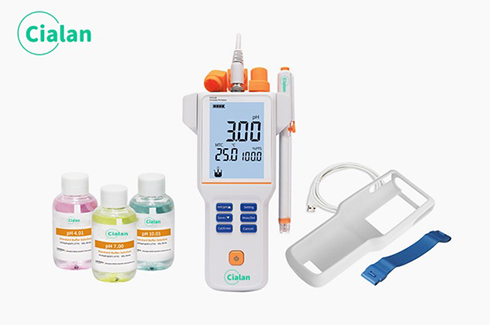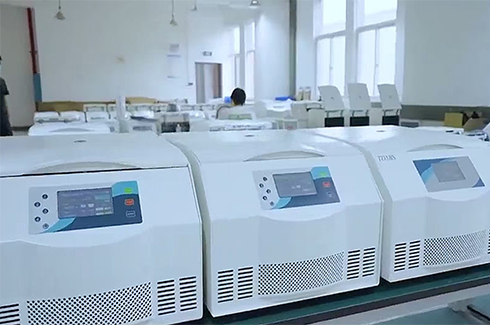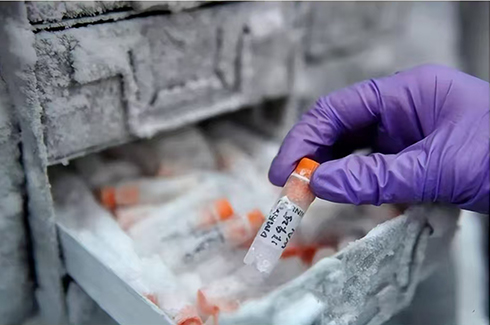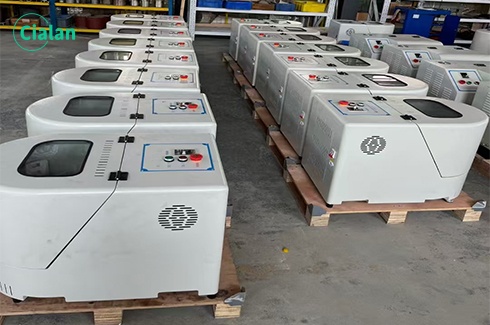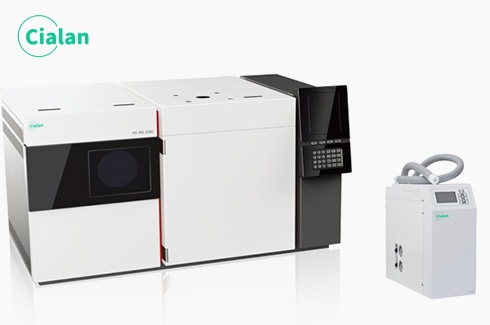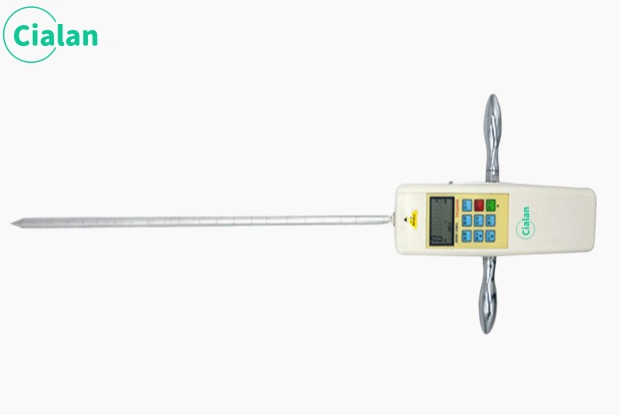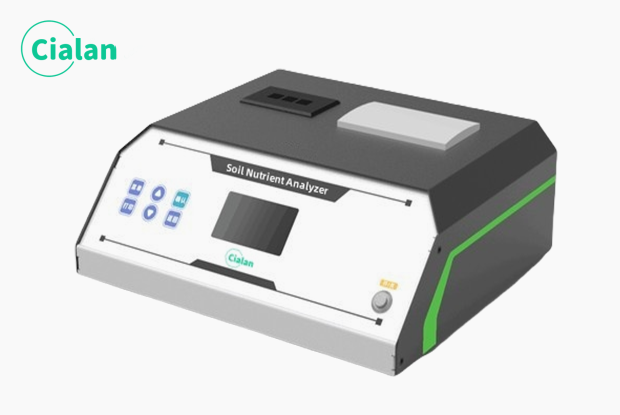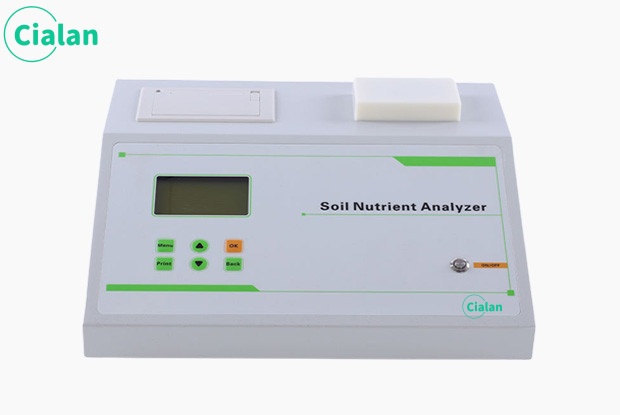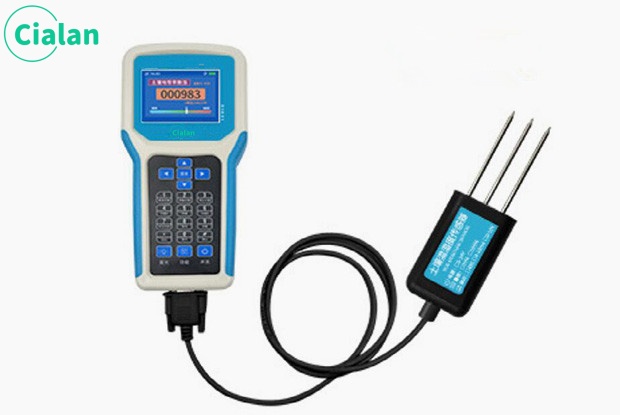Determination of soil nutrients (NPK)
Soil nutrient tester ---Determination of soil nutrients (NPK)
Why we need soil nutrient tester?
In the present situation, plants have to meet the food supply demand for a large and increasing population. In order to get high yield, it is essential for the plantations to be nourished with soil containing an appropriate amount of nutrients like Nitrogen (N), Phosphorus (P) and Potassium (K). Various methods such as, physical (optical) and chemical (electrochemistry) have been adopted to analyze the soil nutrients.
Soil testing is the basis for formula fertilization. Through soil testing, a soil nutrient database is established to provide scientific reference for soil testing and formula fertilization.
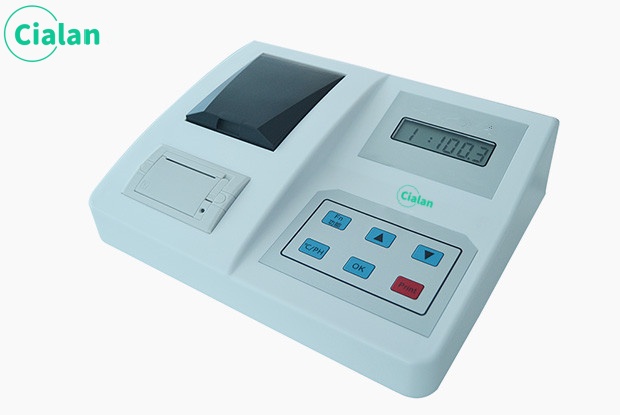
Testing parameters
1. Soil nitrogen,phosphorus,potassium,pH,organic matter,temperature,moisture,salinity,trace elements,heavy metal;
2. Fertilizer nitrogen,phosphorus,potassium,pH,organic matter,trace elements;
3. Plant nitrogen,phosphorus and potassium.
4. Also have crops fertilization formula,it will better help user to find the best fertilization method and improve the crops production scientifically.
5. Our machine built-in thermal printer,the test situation can print the test results for end user directly. It also have USB interface to connect to computer for data uploading and managing.
Projects analysis
Blueberries are a popular fruit among many consumers, and soil is one of the main limiting factors for expanding the cultivation range of blueberries. Blueberry cultivation has extremely high soil requirements, preferring acidic soil with loose and high organic matter content, and also has high requirements for soil heavy metal content. In order to explore the reasons for the differences in blueberry growth and yield among different regions, nutritional diagnostic analysis was conducted on the soil of four regions to identify the limiting factors for blueberry cultivation.
After soil analysis, it was found that the conventional physical and chemical properties of the soil in all four areas need to be further improved, especially by reducing soil pH and increasing organic matter content; The high content of available iron, available manganese, and available copper, especially available copper, in trace elements inhibits the growth of blueberries; Among heavy metal elements, lead and arsenic have a certain inhibitory effect on blueberries.
It can be seen that the nutrient content of the soil has a significant impact on the growth of blueberries. If the soil nutrient content can be detected by a soil nutrient analyzer, users can plant blueberries scientifically, achieve targeted fertilization, and greatly improve crop yield.


